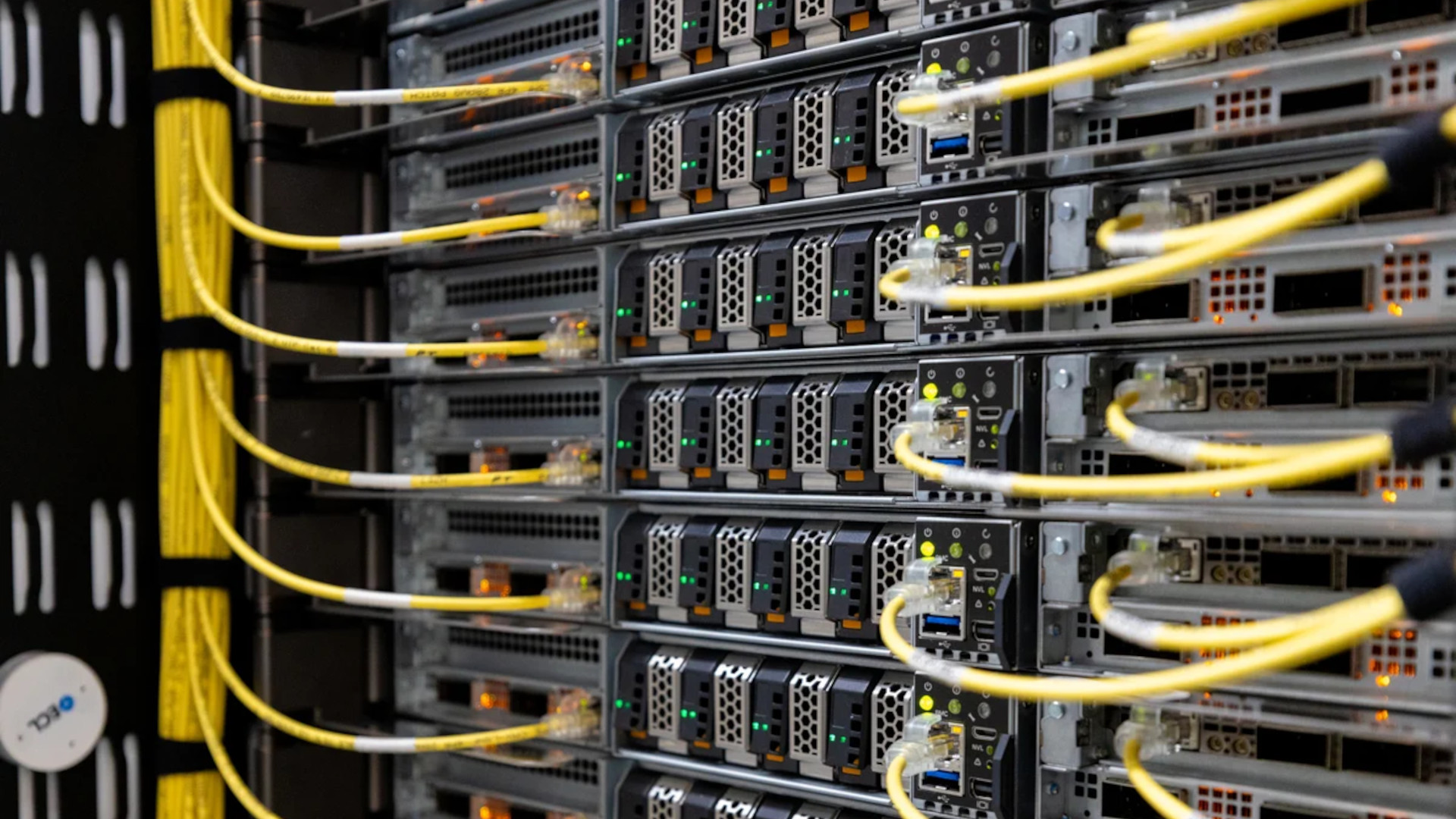
AI data centers are among the largest electrical consumers globally, with substantial new projects underway, creating a pressing need for sustainable energy solutions. One innovative option emerging is entirely off-grid hydrogen fuel cells that not only power these facilities but also generate their own water for cooling.
Recent developments
Interestingly, this technology has only recently begun to find its footing in the machine learning field, spearheaded by the AI company Lambda in partnership with ECL, a hydrogen energy provider. Instead of traditional power sources, Lambda is utilizing hydrogen power by setting up its latest racks at ECL’s facility in Mountain View, California. Here, modular fuel cell units convert hydrogen and oxygen into electricity while producing water as a byproduct.
Efficiency and impact
Each NVL72 rack requires 172 kW of power, necessitating robust fuel cell capabilities that can generate more than enough water for cooling—this waste, however, can also be repurposed for heating the facility as it’s released warm.
While the fuel cells may not entirely meet the AI data center’s water requirements on their own, their contribution significantly lessens the burden on local infrastructure. The zero-emission aspect combined with the off-grid functionality positions these centers as eco-friendly alternatives in the energy-intensive AI sector.
Future outlook
As companies like Lambda showcase the efficacy of hydrogen fuel cells, it’s likely that more AI firms will consider this sustainable power source. Using fuel cells is not only more cost-effective in terms of maintenance compared to traditional systems but also simplifies power scaling. However, the lack of widespread hydrogen supply infrastructure poses a challenge that limits immediate adoption. If successful, this could lead to a significant shift in how AI data centers are powered, benefiting both the industry and the environment.
